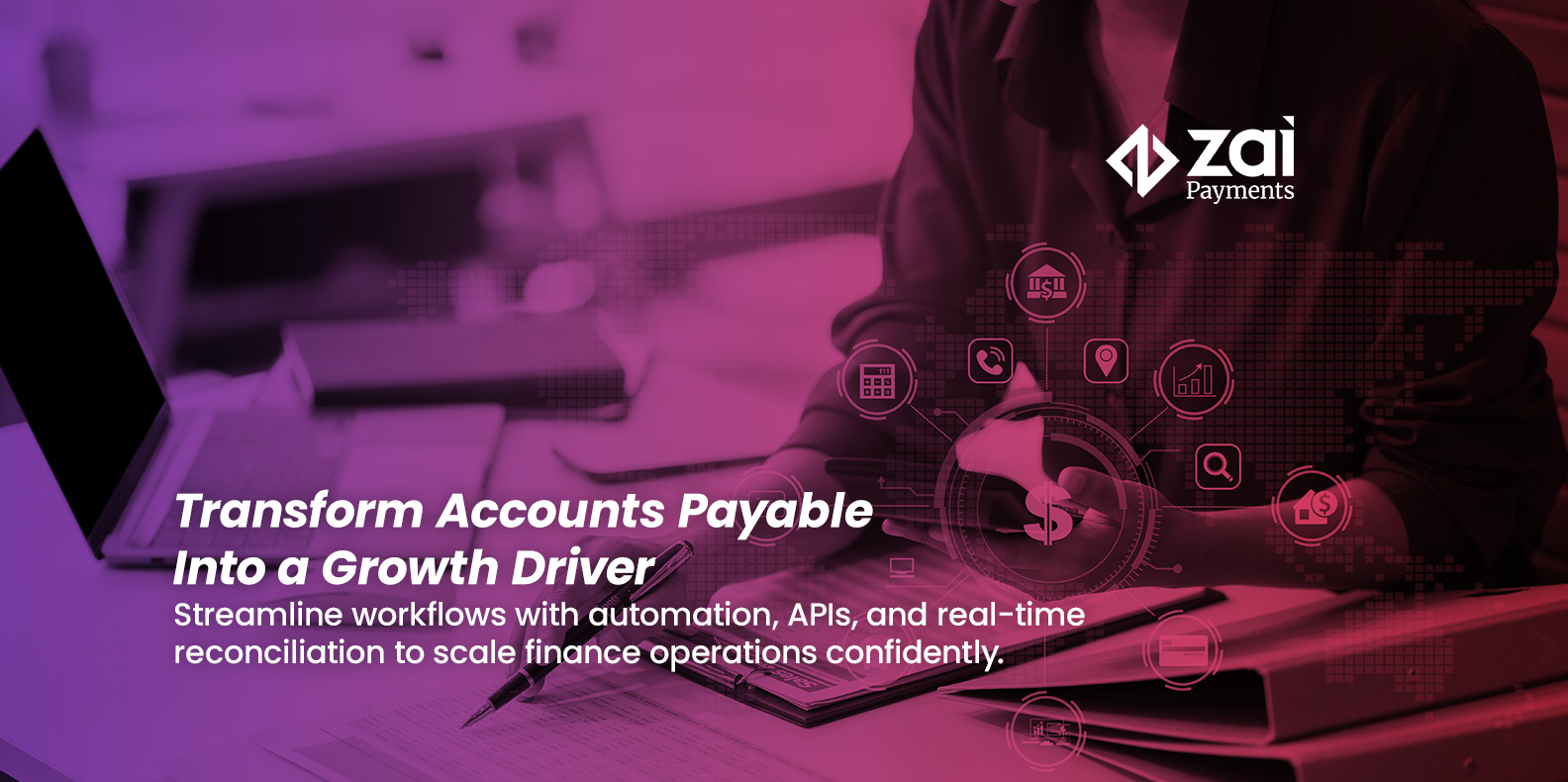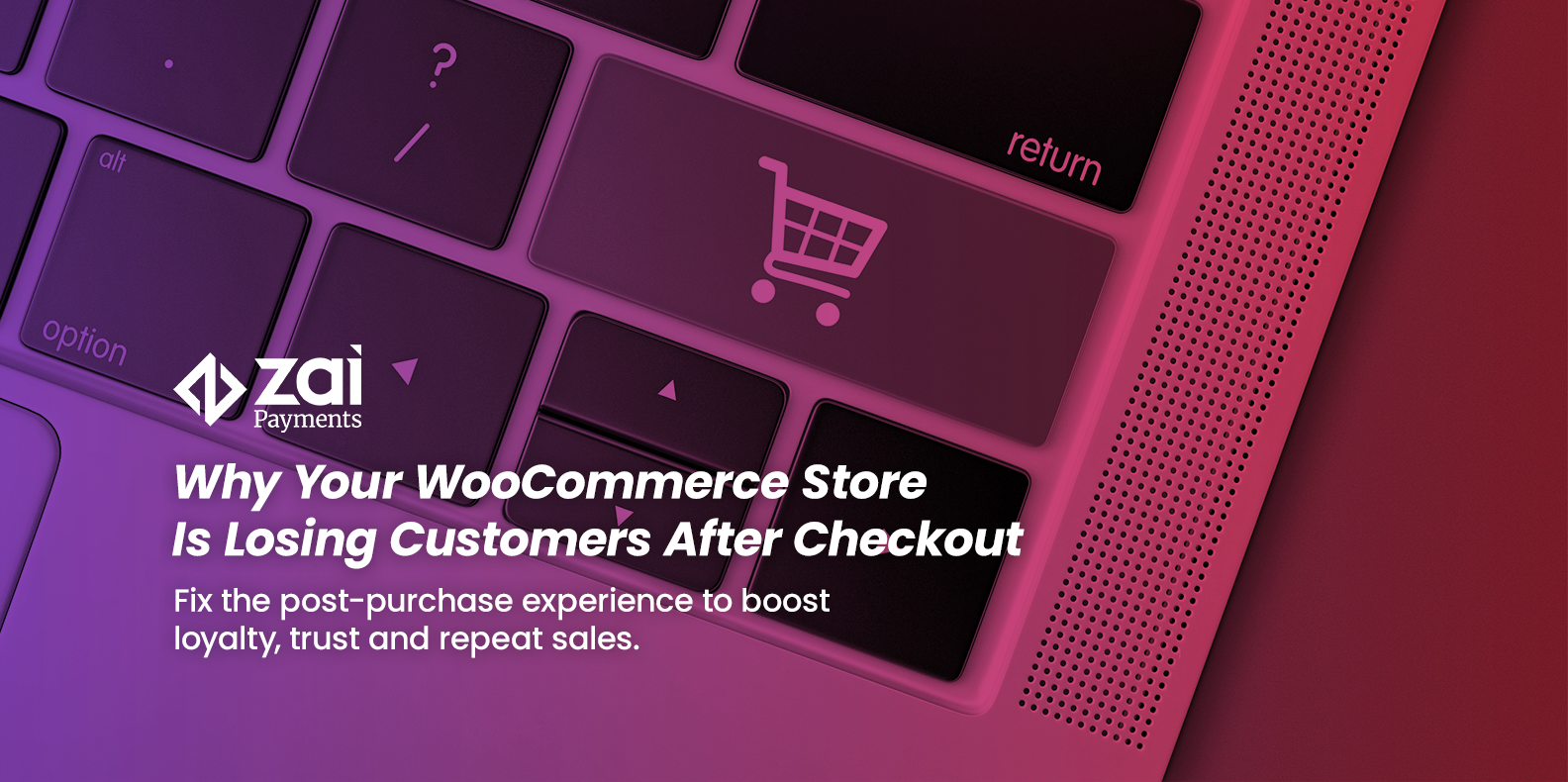When provided alongside financial wellness tools, earned wage access (EWA) is an innovative payment service with the power to transform the lives of Australian workers. More than simply being helpful, access to this technology is increasingly expected by employees, who want to access pay early.
As Australia returns to a candidate-driven market, providing early access to pay also gives employers a competitive advantage and better business outcomes. Companies that embrace an on-demand culture, enable fast-moving payments and provide EWA to every category of worker have a potential advantage when attracting staff.
This article will examine the rise of EWA, consider the changing expectations of workers and employers, and explore the innovations in payments technology that make EWA possible.
The rise of Earned Wage Access
There are a number of forces behind the rising demand for EWA in Australia, but as the name suggests, EWA provides a solution to a problem with wages. According to the ABS, wages grew just 2.3% in 2021. Not only is this in line with the tepid growth of the past decade, but wages still have a long way to catch up with Australia’s 3.5% inflation rate.
A continuous fall in real wages has seen increasing numbers of workers seek greater flexibility and financial control in Australia’s $6.3 billion gig economy, where on-demand work and on-demand pay are the norm.
Traditionally, workers have turned to payday loans to cover their unexpected expenses while waiting out the two-week pay period. As payday lenders can be perceived as profiting from people's financial distress, increasing numbers of socially responsible investors, consumers, and policymakers are rejecting these businesses as acceptable solutions. The innovation in payment technology that helps Australian workers access their pay early could reduce demand for this $1.7b industry.
As Australia enters the post-Covid recovery phase, businesses emerging from lockdowns are met with labour shortages across all sectors. At the same time, workers across the payscale are living paycheck to paycheck and demanding better solutions for managing and improving their financial lives.
Often unable to give workers the substantial pay rise they need, forward-thinking businesses are instead leveraging innovative technology to retain and attract talent. In turn, the payments technology that makes EWA possible creates the efficient and frictionless workflows that enable businesses to scale.
Payments tech making EWA possible
Application Programming Interface (API)
For businesses to provide employees with on-demand access to their accrued wages, a lot of really complex stuff needs to happen behind the scenes - and it’s all made possible by application programmable interfaces (APIs).
This technology allows different digital services and apps to work together in various ways and exchange information. While this is a complex technical process, the beauty of APIs is that they hide all complexity from the user.
In addition to hiding complexity, APIs can be used to access data from third parties, extend functionality, increase transaction speed, and to ensure privacy and data security. Once an entirely manual process that became more labour-intensive and time-consuming as a business grew, payroll can now be automated and integrated with other payments systems with one intelligent API.
Inherently flexible, APIs enable tailored solutions which can easily be leveraged in new ways. As technology rapidly evolves alongside customer expectations, adopting an API-first approach has become critical in the payments industry.
Real-time payments
The digital equivalent to paying with physical cash, real-time payments are initiated and settled nearly instantaneously. Facilitated in Australia by the New Payments Platform (NPP), real-time payments can be immediately sent and received 24/7, every day of the year. For workers and employers alike, instant money movement can be a game changer.
“The team from Zai took the time to understand our core value proposition, and they were able to create an implementation plan that enabled us to go to market rapidly while also delivering specific value for our customer. Our favourite feature is the ability to provide customers instant payments any time, any day, basically 24/7.’’
Dean Mao, co-founder and Chief Technology Officer at Beforepay
In addition to providing the speed and convenience that are expected in today’s world, real-time payments enable data-rich bilateral communication without having to go outside the payment. Historically, communication flowed only in one direction from the payer to the payee, which impacted everything from business flow to liquidity and risk management.
Accessing data from both ends in an efficient, secure and compliant way not only elevates financial control, accurate cash positioning, and liquidity management, but it’s also critical to the functioning of in-demand services like EWA.
Instant reconciliations
Reconciliation is the process of comparing the financial data from two or more sources to ensure the totals match correctly, confirming the validity of transactions and accuracy of company records. Once balances are confirmed for separate accounts, they are transferred to the general ledger. If discrepancies are found, they must be noted, investigated and rectified before the flow of business can continue.
Traditionally, reconciliation was a manual process of tedious data entry done daily or prior to payroll. As manual reconciliation requires a lot of human involvement, guess-work and inaccuracy are unavoidable. While increasing numbers of Australian businesses are automating their accounts, many companies are still dealing with this challenge.
Instant reconciliation allows real-time, error-free visibility into business transactions. Not only does this technology eliminate the risk of regulatory non-compliance and create more time for the tasks humans do well, but transformative services like EWA would not be possible without it.
Cross-border payments
Since the start of the pandemic, it has become increasingly clear that most of the technology infrastructure is in place for Australian employees to work from anywhere in the world. However, making payments across international borders is well-known to be a slow and expensive process. Payroll teams often have to deal with the payroll requirements of many different countries, which is a significant administrative burden.
The demand for fast and affordable cross-border payments has been rising since the pandemic accelerated a trend towards remote work and growth in the gig economy. In addition to revolutionising remittance, Australian fintechs have an exciting opportunity to help businesses use blockchain to simplify cross-border payments and extend the many benefits of EWA to remote workers overseas.
Compliance and security
While EWA services require access to worker’s data to establish their accrued but unpaid wages at any point in time, having employee data leaked is a nightmare scenario for any company. Fortunately, there are security innovations that enable the safe and compliant implementation of EWA.
In addition to enabling fast, error-free cross-border payments, blockchain provides a form of data storage that is less vulnerable to cyber attacks and fraud. It’s no wonder this technology is predicted to create as much as US$3.1tn in business value by 2030.
As with any emerging, disruptive technology, blockchain and its use in payroll poses new challenges in terms of regulation. Fortunately, the future of Australia’s regulatory environment promises to be principles-based and technology-neutral.
What employers and employees expect from EWA services
Forty-six percent of the Australian workforce of all income levels lives paycheck to paycheck, and 95% report feeling financially stressed. It’s clear that the traditional pay period is no longer satisfactory in today’s on-demand culture, and employees will soon expect their employers to provide 24/7 access to the money they have earned.
In addition to providing an interest-free financial safety net for unexpected costs, EWA enables workers to optimise their income. For example, those with investment properties can take their wages at the end of each day and put it against their mortgage offset account to reduce their interest rate.
Employees will expect convenient self-service through a mobile app, which enables them to access their pay early without involving the payroll team. Through their EWA app, workers will expect to see their accessible funds increase with each day they work.
As there are costs involved in implementing and running an EWA service, employers will expect to save money, remove administrative burden, gain efficiency, and improve the reputation of their business among existing and prospective employees.
When employers provide EWA, it demonstrates a commitment to support their employees’ financial wellbeing. As financially well employees are less stressed, mentally healthier, more loyal, and more productive, employers will expect to see improved performance, lower absenteeism and reduced turnover. As EWA is a major selling point in a competitive job market, employers will also expect to see easier recruitment of top talent.


.png?width=211&name=Cover%20(6).png)


